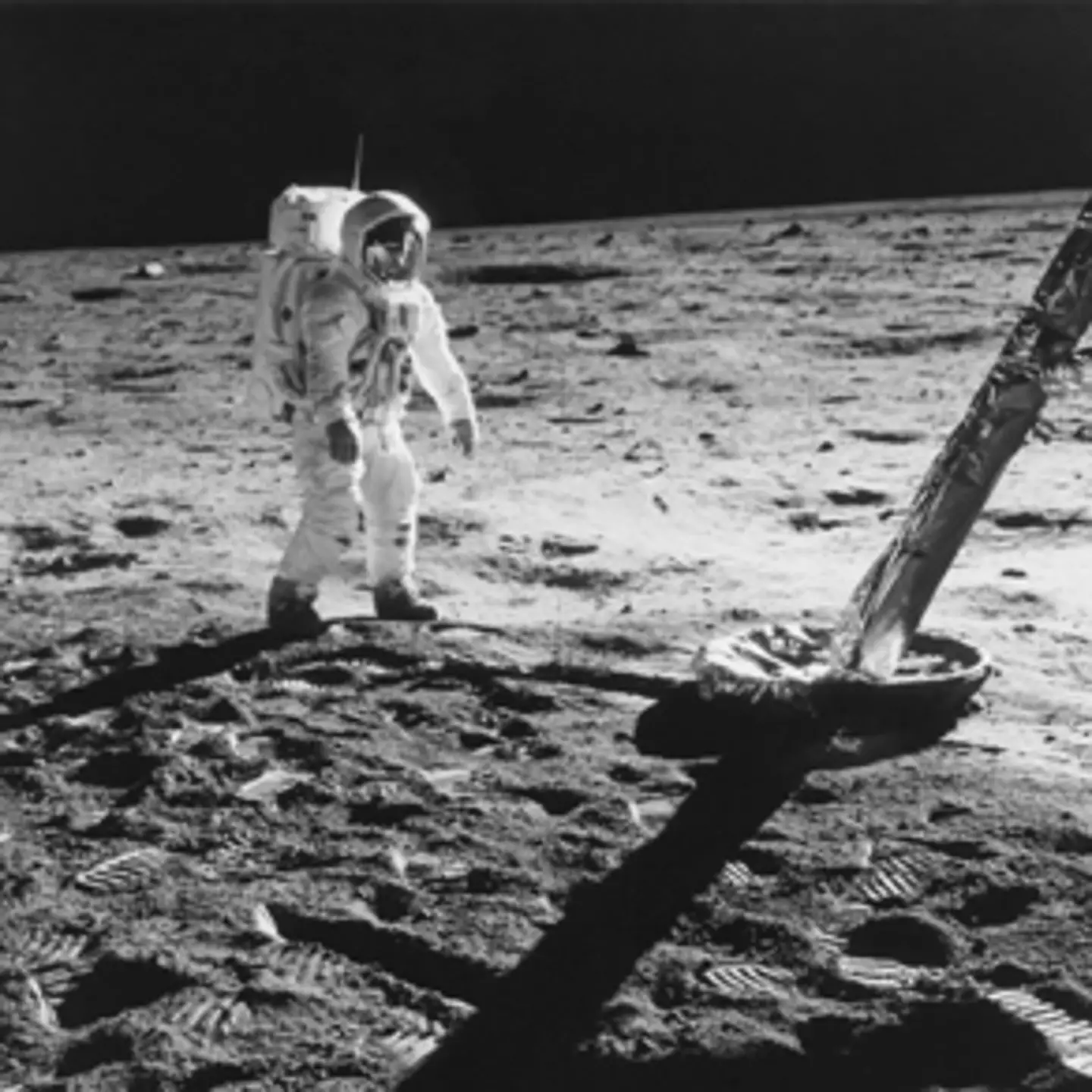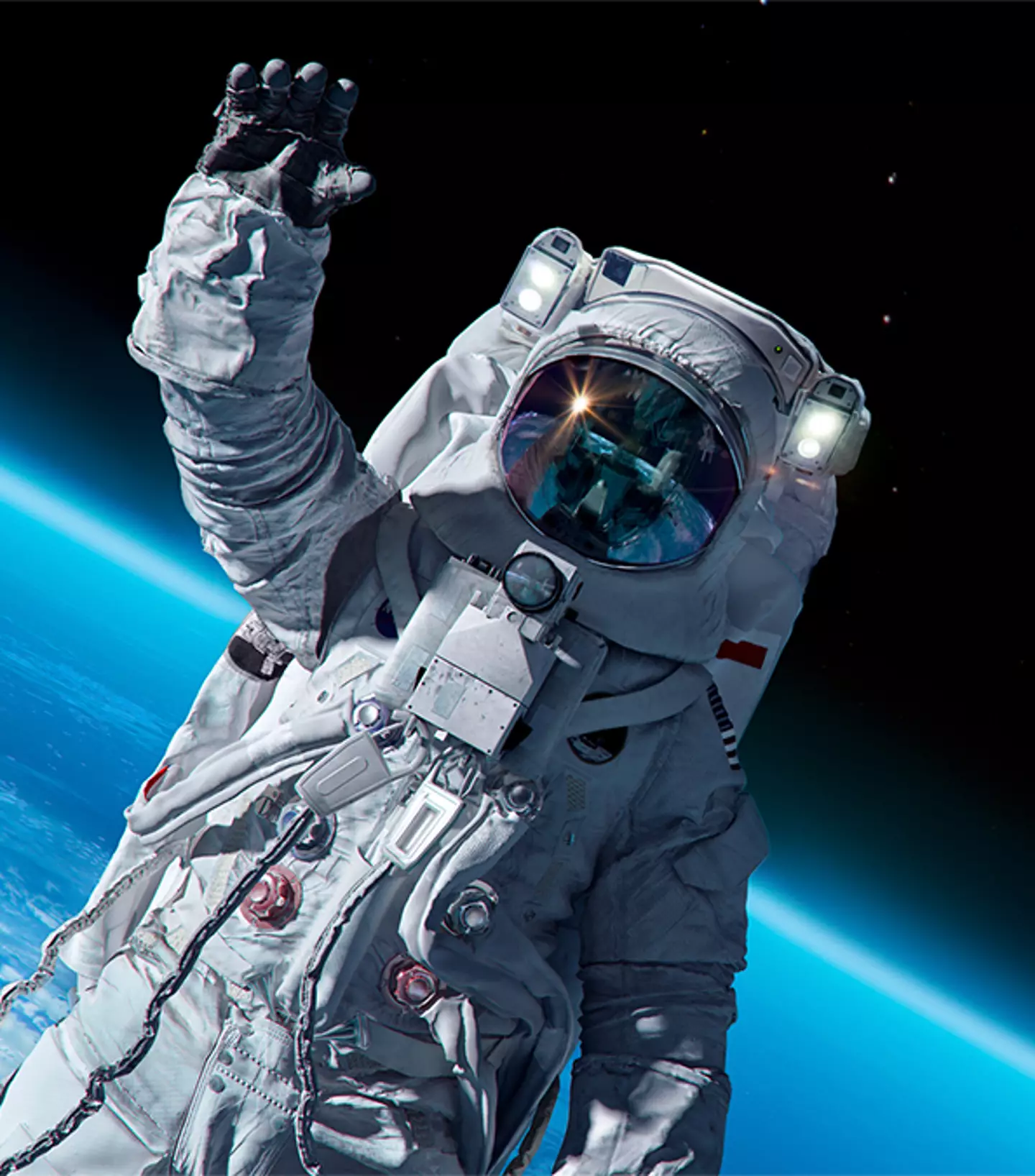
There are countless kids all over the world who dream of growing up to be astronauts - for decades, now, it's been one of the most mysterious and alluring job titles out there.
However, it's hardly a secret that, as well as being incredibly competitive, it's also one of the most dangerous jobs you could choose.
While very few people have ever technically died in space (just three Russian cosmonauts, in fact) there have been accidents during take-offs and landings over the years that have caused fatalities.

Advert
However, it turns out even this isn't the thing that might make being an astronaut the most dangerous - it's actually how being up in space impacts on your body and mind.
Nowadays most astronauts go up into space on long-term missions to the International Space Station, often spending months aboard the Station before they come back down to Earth.
This means months spent in zero gravity, floating around in a totally weird environment, which sounds unbelievably memorable.
However, it's worth holding on to the fact that the human body isn't really designed for such a low-gravity existence. It has evolved specifically for living on Earth.
Advert
So, being in zero-g for that long turns out to have some pretty major ramifications, especially where muscle strength is concerned, as muscles in your legs do way less work than they're used to for months on end.
In the worst cases, this can cause actual muscular atrophy as muscles wither thanks to being almost completely unused.
This explains why astronauts now have quite carefully developed fitness plans that they have to stick to while they're up in the ISS.
The Station is now outfitted with a sort of space gym, with some equipment that astronauts can be strapped into to ensure they don't float away, and resistance bands or straps to simulate a bit of gravity so that they can, for example, run on a treadmill.
Advert
If you stick to your routine, then, you can apparently stave off the worst of this problem and help your acclimatisation to be quicker when you get back home to Earth (although it still might take months to get your normal energy levels back completely).
What's a little harder to plan for individually is the mental burden of being up in the ISS for so long.
At any given time there are only a handful of astronauts in the Station at once, since it can't fit more than eight people aboard at the most.
Advert
This means that people have to get used to working in a small team, often with other nations' astronauts they don't necessarily know before arriving, which can be really draining.
Depression and anxiety are apparently quite common responses, so it turns out that therapy sessions are a fairly standard part of the process when you get back to firm ground after a long mission.
Astronauts Mark and Scott Kelly, who are identical twins, also hit headlines after their space stay. When Scott returned from the ISS, he noticed he was taller than his twin Mark, and after various tests, reports say scientists found that Scott had different gut bacteria to Mark and there were also claims his DNA was different to that of his twin brother.